Ralph Keyes - I Love it When You Talk Retro: Hoochie Coochie, Double Whammy, Drop a Dime, and the Forgotten Origins of American Speech
Here you can read online Ralph Keyes - I Love it When You Talk Retro: Hoochie Coochie, Double Whammy, Drop a Dime, and the Forgotten Origins of American Speech full text of the book (entire story) in english for free. Download pdf and epub, get meaning, cover and reviews about this ebook. year: 2009, publisher: St. Martins Publishing Group, genre: Detective and thriller. Description of the work, (preface) as well as reviews are available. Best literature library LitArk.com created for fans of good reading and offers a wide selection of genres:
Romance novel
Science fiction
Adventure
Detective
Science
History
Home and family
Prose
Art
Politics
Computer
Non-fiction
Religion
Business
Children
Humor
Choose a favorite category and find really read worthwhile books. Enjoy immersion in the world of imagination, feel the emotions of the characters or learn something new for yourself, make an fascinating discovery.

- Book:I Love it When You Talk Retro: Hoochie Coochie, Double Whammy, Drop a Dime, and the Forgotten Origins of American Speech
- Author:
- Publisher:St. Martins Publishing Group
- Genre:
- Year:2009
- Rating:3 / 5
- Favourites:Add to favourites
- Your mark:
I Love it When You Talk Retro: Hoochie Coochie, Double Whammy, Drop a Dime, and the Forgotten Origins of American Speech: summary, description and annotation
We offer to read an annotation, description, summary or preface (depends on what the author of the book "I Love it When You Talk Retro: Hoochie Coochie, Double Whammy, Drop a Dime, and the Forgotten Origins of American Speech" wrote himself). If you haven't found the necessary information about the book — write in the comments, we will try to find it.
An entertaining and informative book about the fashion and fads of language
Todays 18-year-olds may not know who Mrs. Robinson is, where the term stuck in a groove comes from, why 1984 was a year unlike any other, how big a bread box is, how to get to Peyton Place, or what the term Watergate refers to. I Love It When You Talk Retro discusses these verbal fossils that remain embedded in our national conversation long after the topic they refer to has galloped off into the sunset. That could be a person (Mrs. Robinson), product (Edsel), past bestseller (Catch-22), radio or TV show (Gangbusters), comic strip (Alphonse and Gaston), or advertisement (Wheres the beef?) long forgotten. Such retroterms are words or phrases in current use whose origins lie in our past. Ralph Keyes takes us on an illuminating and engaging tour through the phenomenon that is Retrotalka journey, oftentimes along the timelines of American history and the faultlines of culture, that will add to the word-lovers store of trivia and obscure references.
The phrase drinking the Kool-Aid is a mystery to young people today, as is 45rpm. Even older folks dont know the origins of raked over the coals and cut to the chase. Keyes (The QuoteVerifier) uses his skill as a sleuth of sources to track what he calls retrotalk: a slippery slope of puzzling allusions to past phenomena. He surveys the origins of verbal fossils from commercials (Kodak moment), jurisprudence (Twinkie defense), movies (pod people), cartoons (Caspar Milquetoast) and literature (brave new world). Some pop permutations percolated over decades: Radios Take It or Leave It spawned a catch phrase so popular the program was retitled The $64 Question and later returned as TVs The $64,000 Question. Keyess own book Is There Life After High School? became both a Broadway musical and a catch phrase. Some entries are self-evident or have speculative origins, but Keyess nonacademic style and probing research make this both an entertaining read and a valuable reference work. Publishers Weekly
Ralph Keyes: author's other books
Who wrote I Love it When You Talk Retro: Hoochie Coochie, Double Whammy, Drop a Dime, and the Forgotten Origins of American Speech? Find out the surname, the name of the author of the book and a list of all author's works by series.


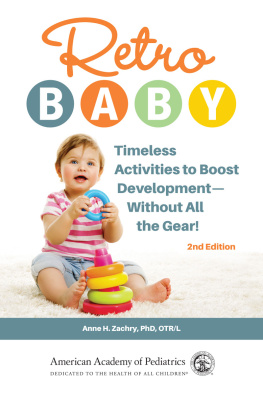
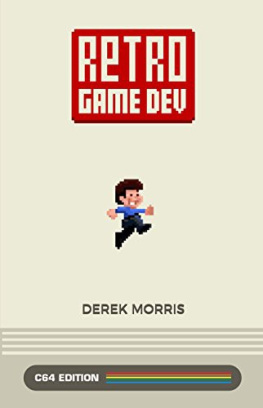

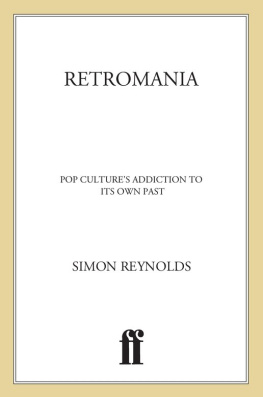
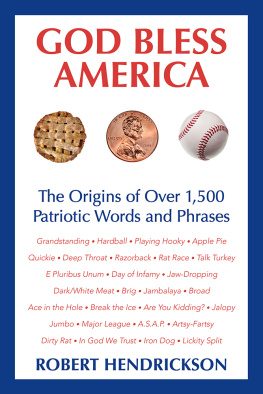
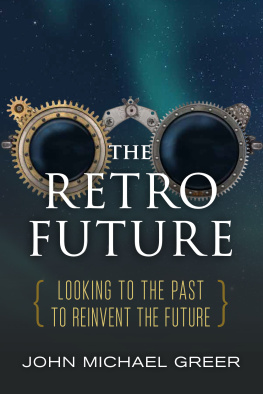

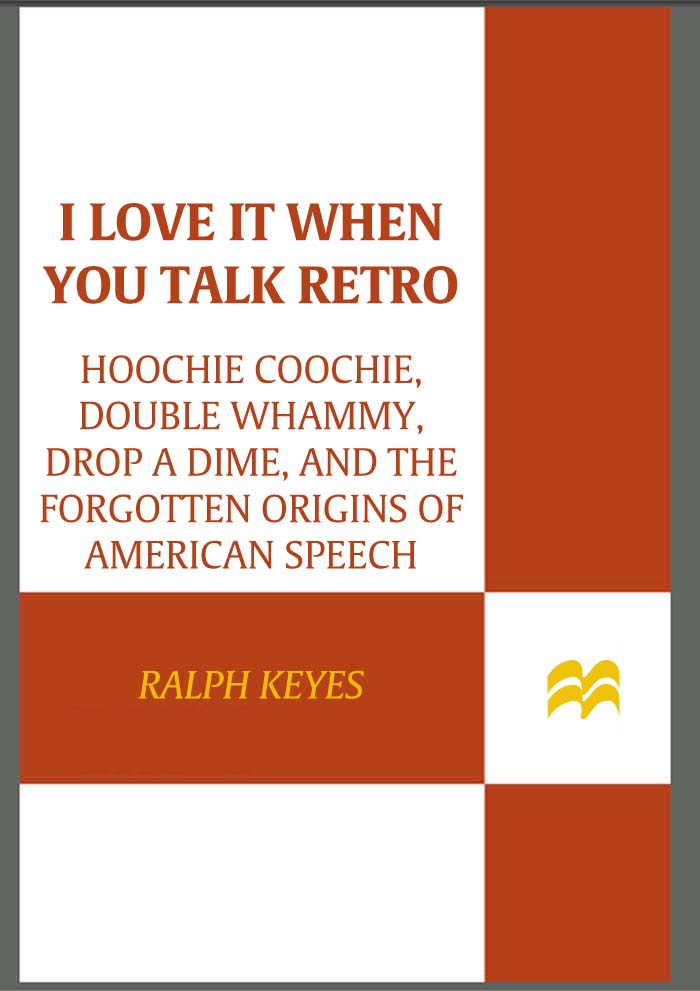
 NEW YORK
NEW YORK